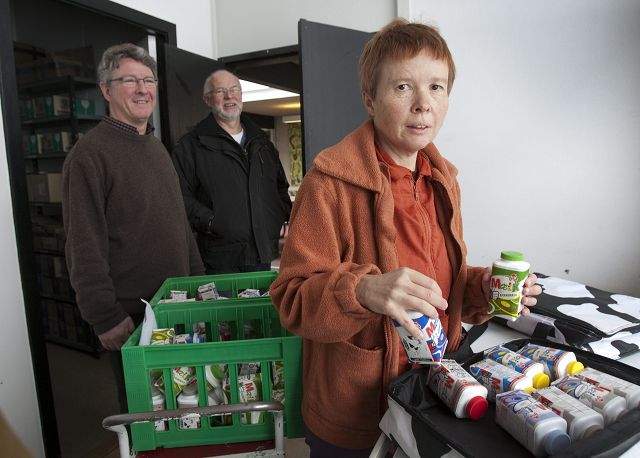
Timothy Baron was among the first children in the UK to be diagnosed with autism just over 50 years ago. Timothy was in need of specialist education but autistic children then had no right to schooling, so his father, Michael, opened his own school, the movement became the Society for Autistic Children – now the National Autistic Society (NAS).
That was the 1960s; today, Timothy, who lives in residential care, is nearing 60. The first generation of children to be diagnosed with autism is now moving into older age. Ageing with autism brings not only the particular challenges of the condition – communication, social interaction or sensory issues – but the social, physical and mental health issues often experienced in old age.
Policymakers are aware of the impact on society of the ageing population, but the same focus has not been given to people with learning disabilities and autism.
Read the rest of my piece about the need for more work on autism and growing older in the Guardian’s social care pages.

When my older brother suddenly cut off all contact with his family at 68 we all tried to analyse the situation. His daughter – my niece – is a practising psychologist and after a lot of personal processing has concluded that my bother was borderline autistic and it makes a lot of sense. Maybe if this had been signalled earlier in his life he might have received treatment that would have avoided so much grief in his later years.